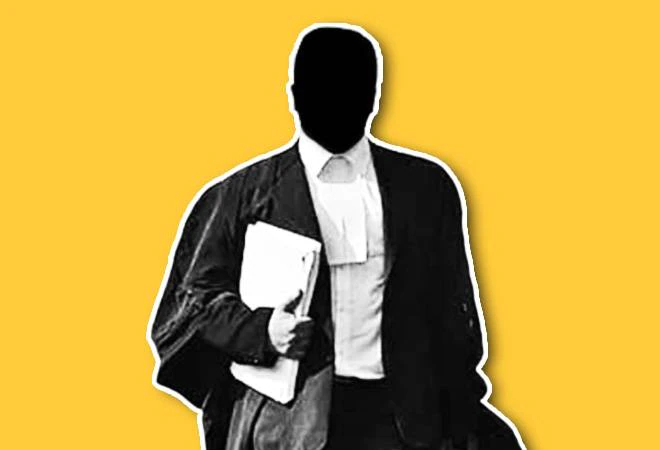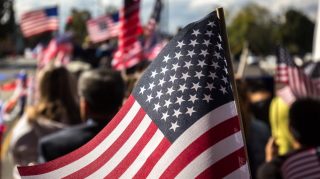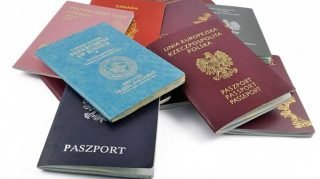A solicitor must first be accepted to the bar association of the respective state in which they wish to work in order to be qualified to practise law there. Both domestic and foreign attorneys are subject to this regulation. Every state in the US, as well as the District of Columbia, has its own standards for admission to the bar as a result of the system’s fragmentation. This ad hoc approach has led to certain jurisdictions making the process easier than others, and passing the New York bar test as a foreign lawyer is easier than passing the examination in most other states. One of the most sought-after legal markets in the nation, New York, is not one of the 23 states that mandate that all applicants for the bar, regardless of their place of birth, hold a law degree from an institution that has earned accreditation from the American Bar Association.
One of the rare states that do not have this rule is New York. In contrast to completing it in several of the country’s other main markets, passing the New York Bar Exam as a foreign lawyer may be a fairly simple process. To be clear, “easy” does not correspond to “straightforward.” The New York State Board of Law Examiners takes seriously its position as the nation’s largest legal market as the state of New York. As a result, the BOLE has established very rigorous requirements that all potential applicants must meet. As per Section 520.6 of the Rules of the Court of Appeals for the Admission of Attorneys & Counselors at Law, in order to be allowed to practise law in the United States, foreign attorneys must meet the four requirements listed below.
Applicants must hold a “qualifying degree,” which is a diploma that satisfies the educational requirements for practising law in another country, in order to be considered for admission. This degree must be in the legal discipline. The degree must have been obtained from a legal institution that the government of the foreign country has acknowledged and recognised as competent. The applicants must have successfully completed a legal curriculum with a length similar to the Juris Doctor degree given by American Bar Association-approved law schools in the United States (ABA). Since a three-year full-time legal school is the norm in the United States, attorneys from other nations must possess equal credentials.
Similarly to this, the applicant’s curriculum and course of study must be roughly equivalent to the common law education provided by a law school in the United States that is approved by the American Bar Association (ABA). Israel, the United Kingdom, Canada, Australia, and New Zealand are just a few examples of other nations that adhere to the common law system of law. The Foreign Evaluation Form, which is available on the official website of the New York State Board of Law Examiners, must be completed as the first step in the application process if a lawyer who received their education outside of the United States believes they are qualified to sit for the New York bar exam (NYSBOLE). The Foreign Evaluation form is a required first step in the procedure, but it is not the same as submitting an application to take the bar exam. You should instead file an application to take the bar test.
Once the application has been approved, candidates must submit the appropriately named Online Bar Exam Application and pay a fee of $700 to complete the procedure. A lawyer with foreign schooling who is unable to show that they meet these standards still has the option to sit for the New York Bar Exam as a foreign lawyer. After completing a Master of Laws (LLM) programme here, people who, for example, have a common law degree that was earned in two years or even a civil law degree that was earned in three years, should still apply with the NYSBOLE to find out if they are qualified to sit for the bar exam in the United States. A typical LLM programme lasts one year, which makes it substantially less expensive and time-consuming than the additional three years of legal study required in the United States. Completing an LLM degree also shows that passing the New York Bar Exam as a foreign lawyer is a feasible objective.









